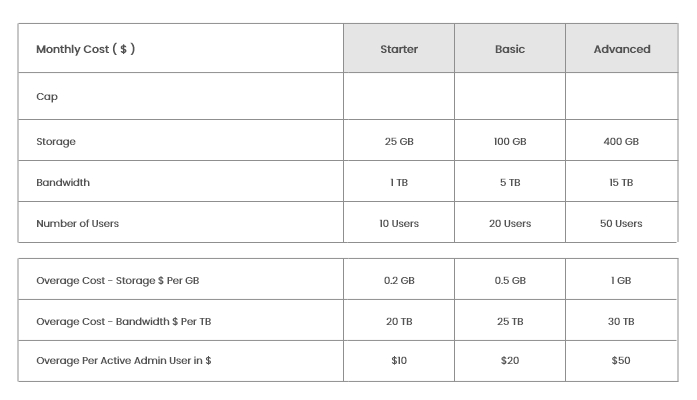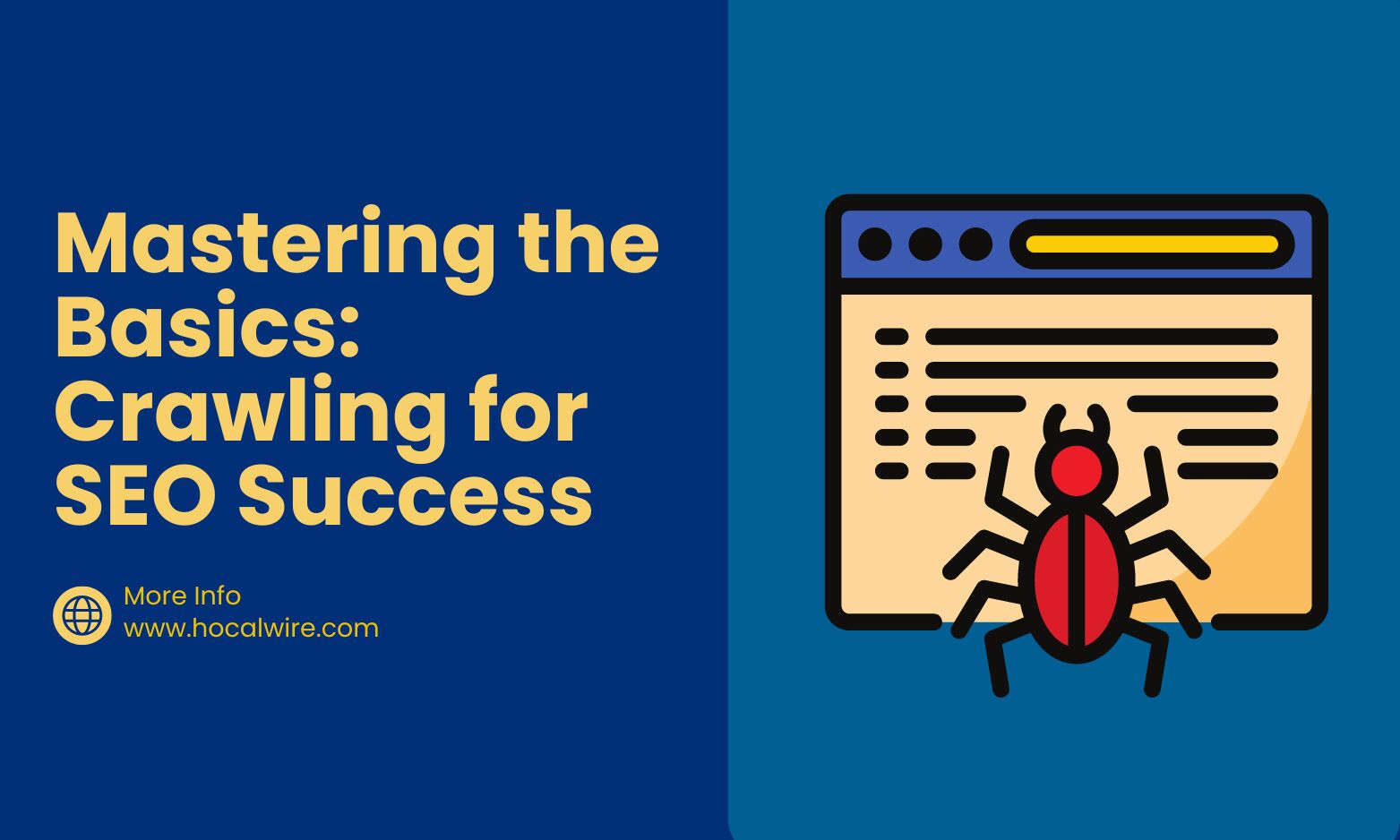



Mastering the Basics: Crawling for SEO Success
Web crawling for SEO and how it impacts your site's visibility. Learn effective strategies to ensure your site is fully optimized for search engines
The Fundamentals of Crawling for SEO
Understanding the basics of web crawling is crucial for enhancing your website’s visibility and ranking. Web crawling, a key component of how search engines index and rank web pages, plays a vital role in SEO success. Let's dive into the fundamentals of crawling and how it impacts your SEO strategy.
What is Web Crawling?
Web crawling involves search engine bots, commonly known as spiders or crawlers, systematically browsing the web to index content. These bots follow links from one page to another, gathering data and storing it in search engine databases. Googlebot, Bingbot, and other search engine crawlers use this data to understand and rank websites in search results.
Why is Crawling Important for SEO?
Indexing Content: Crawling is the initial step in the indexing process. If search engines cannot crawl your site, they cannot index your pages, thus they will not appear in search results.
Discovering New Content: Crawlers are constantly searching for new and updated content. Regularly producing high-quality content keeps your site relevant and indexed by search engines.
Improving Site Structure: A well-structured site with a clear hierarchy makes it easier for crawlers to navigate and index your pages efficiently, leading to better SEO performance.
How Crawling Works
Crawling begins with search engines discovering new web pages via links from other websites, sitemaps, or submission forms. Once a page has been discovered, the search engine sends a crawler to visit it and collect data about its content, structure, and other relevant factors. The crawler then follows the links on the page to discover new pages and repeats the process.
Common Crawling Issues
There are several common issues that can impact crawling and indexing, including:
Duplicate content: Having multiple pages with the same content can confuse search engines and dilute your rankings.
Broken links: Broken links can prevent crawlers from accessing important pages on your site.
Robots.txt file: The robots.txt file is a text file that tells search engine crawlers which pages or sections of your site should not be indexed. However, if it's not configured correctly, it can accidentally block important pages from being crawled.
Redirects: Redirects are useful for moving users from old pages to new ones, but if not done correctly, they can confuse crawlers and impact indexing.
Key Factors Affecting Crawling
Robots.txt File: This file tells crawlers which pages they can and cannot access. Properly configuring your robots.txt file is essential to prevent accidental blocking of important content.
Sitemap: A sitemap is a roadmap of your website that helps crawlers find all your pages. Submitting a sitemap to search engines can improve the crawling process.
Internal Linking: Effective internal linking ensures that all your important pages are easily accessible to crawlers. This can enhance the indexing and ranking of your pages.
Site Speed and Performance: Fast-loading sites are more crawlable. Optimizing your site’s speed can lead to better crawling and indexing, positively impacting your SEO.
Mobile-Friendliness: With the shift towards mobile-first indexing, ensuring your site is mobile-friendly is crucial for proper crawling and indexing.
Best Practices for Optimizing Crawling
Regularly Update Content: Fresh and updated content encourages crawlers to visit your site more frequently.
Monitor Crawl Errors: Use tools like Google Search Console to identify and fix crawl errors, ensuring all your pages are accessible.
Optimize URL Structure: Clean, descriptive URLs are easier for crawlers to understand and index.
Avoid Duplicate Content: Duplicate content can confuse crawlers and negatively impact your SEO. Ensure each page has unique, valuable content.
Leverage Structured Data: Implementing structured data helps search engines understand your content better, leading to improved crawling and indexing.
By understanding and implementing these fundamentals of web crawling, you can enhance your site's visibility and performance in search engine results. Effective crawling is the cornerstone of a successful SEO strategy, ensuring that your content is discovered, indexed, and ranked by search engines.
Hocalwire CMS handles the technical aspects of maintaining a large sitemap, indexing pages for Google, optimising page load speeds, maintaining assets and file systems, and warning for broken links and pages, while you tackle the non-technical aspects of SEO for Enterprise sites. If you're looking for an enterprise-grade content management system, these are key advantages. To learn more, request a free demo of Hocalwire CMS.

